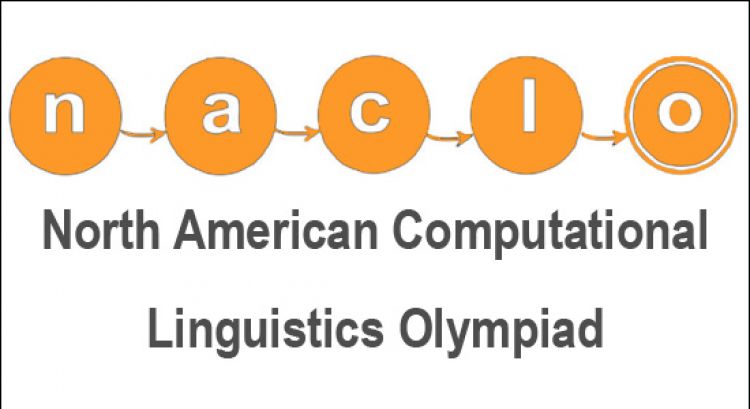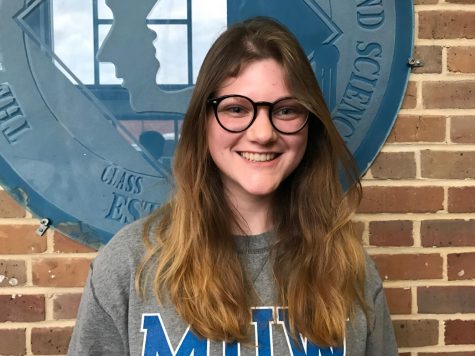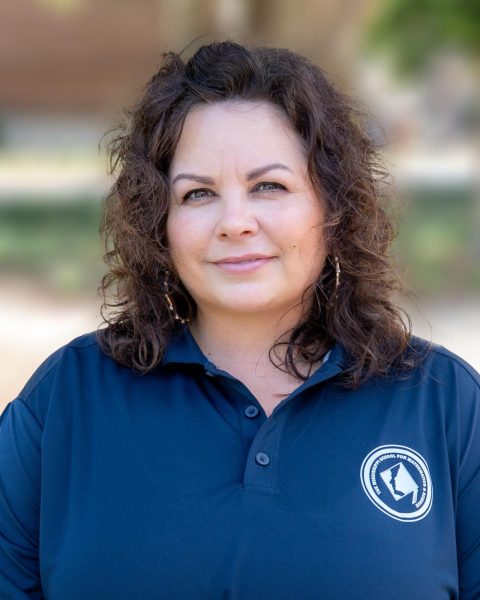MSMS Students Broaden Their Linguistic Horizon Through NACLO
January 29, 2018
On Thursday, Jan. 25, a group of MSMS students took an exam through the North American Computational Linguistics Olympiad (NACLO). This was a challenging and fun experience that introduced students to the world of linguistics through a series of very difficult puzzles.
According to the NACLO official website, “In solving these puzzles, students learn about the diversity and consistency of language, while exercising logic skills. No prior knowledge of linguistics or second languages is necessary. Professionals in linguistics, computational linguistics and language technologies use dozens of languages to create engaging problems that represent cutting edge issues in their fields.”
While the exam is very difficult, students believe it is intriguing to complete and provides insight into a world of lesser known linguistic rules.
William Johnson, an MSMS senior, partook in the competition and explained, “Most of the questions don’t use very many mathematical concepts besides logic and critical thinking. However, one of the questions asked gave you six numbers written in a foreign language with their translations and then asked you to try and figure out a related number system from only a set of equations… part of the question required you to realize that their number system was actually base 8, not base 10! I had a lot of fun with the competition!”
Sophia Pepper, an MSMS junior, said that she “learned that a lot of languages hold very similar groundings and that becoming polylingual is certainly much more of a life goal for me than it was previously” based off of completing the exam.
In Pepper’s opinion, “the hardest part was working with the non-Latin alphabet script or regional differences with the same language in math problems like the north central and southern pame. The easiest part was either establishing the types and tokens from the computer algorithm in tausiyah/shilha or when they gave us full sentences in gilbertese and their English equivalents to translate words and then using our translations to write entirely different sentences.”
Everyone that took place in the Olympiad finished it with a new sense of awareness and respect regarding languages around the world and had fun doing so.









